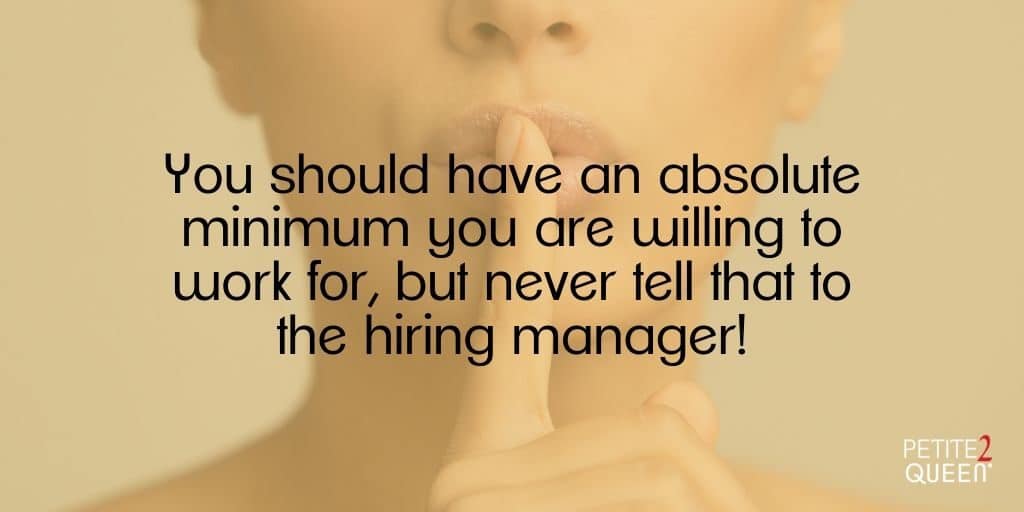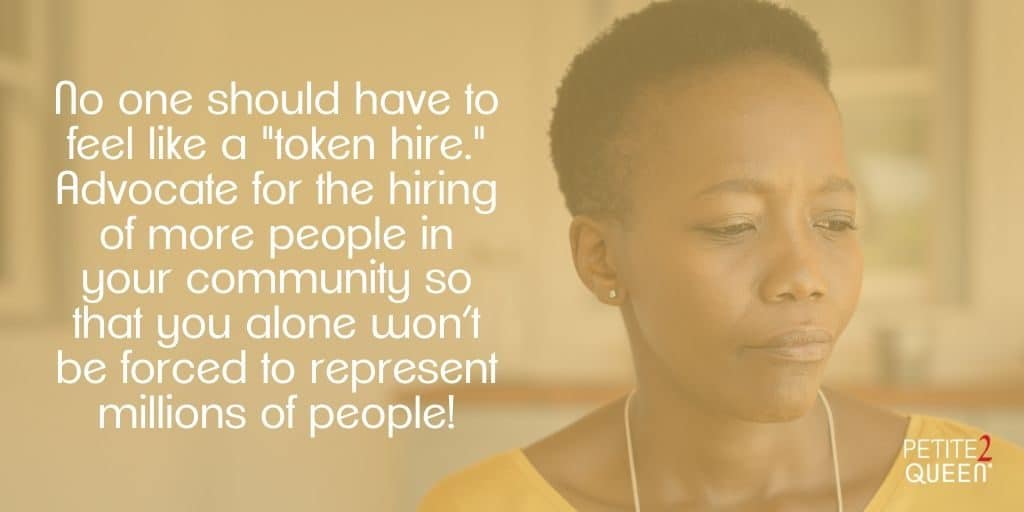To get the job you deserve, you have to know your worth. You know what your skills are, you know what your education is, and you know where your strengths lie. Your resume should already reflect all of this, but sit down and make a list of all of the things you’ve accomplished and what you’re good at doing. Don’t skimp—brag like you’re bragging about your best friend. Ask your friends, family, co-workers, and peers what they think you’re good at doing, and add their answers to your list. Keeping adding things as they occur to you.
Pride of the Job Hunter
Never sell yourself short when you’re on the job hunt. Your resume and cover letters should play up the areas in which you shine and highlight your accomplishments. Use strong language: “I negotiated this deal,” “I excel in these areas,” “I single-handedly brought this event together.” You don’t just believe you’re a good fit for the position; you are a good fit! Carry this attitude of your worth with you into your interviews, as well.
Obviously, a job search can sometimes be desperate. You need to pay the bills, and you need an income yesterday. As much as you can, however, try to apply for jobs that suit your talents, and avoid working for jobs that are beneath your skill level. You deserve a job in your field for which you are qualified—but not overqualified—and which challenges you and helps you grow.

Remember that you don’t need to tick off 100% of the job requirements. The requirements list is often longer than it needs to be for the position, and keep in mind that you can learn on the job. As long as you fulfill at least half of the requirements, go ahead and apply.
While you’re applying for jobs, notice how the hiring manager treats you. Don’t let it slide if they continually reschedule your interview date, go months-long periods without communicating, or offer you a job title or salary that is different than advertised. That treatment is likely a reflection of company culture and how little they value their employees. You deserve better than that.
Get That Coin!
Know what you are worth. Do research on the average salary for the position, taking into account your experience, your education level, and the city in which you’ll be working. From there, choose a yearly salary that you think is fair—and don’t be shy about it! Your work will be highly lucrative for the company, so you are entitled to an income that reflects your value. Tell the hiring manager what your target salary is. Be flexible, but, if you are offered the position, be ready and willing to negotiate better pay. You should have an absolute minimum you are willing to work for, but never tell that to the hiring manager.
Showing confidence will inspire others’ confidence in you, as well. Good negotiating skills are an asset, and your hiring manager may be impressed by your initiative!

Valued at Work
Part of being gracious is giving credit where it’s due. But remember to be gracious to yourself. Don’t be humble when you do something well; accept credit when it is given to you, and demand it when it’s not. Let your manager know that you’re proud of the work you did on a particular project. If a co-worker tries to take all the glory, make sure you speak up and mention what you contributed. You don’t need to steal anyone’s thunder, but you do need to create your own.
This also means asking for a raise or promotion when you feel you deserve it… and maybe even when you don’t. If you think you’re even just 70 or 80% deserving of a promotion, go ahead and ask. Tell your boss that you’re a good fit for the supervisory position that just opened up, and tell them why. This is your chance to list every success you’ve had in your position, as well as relevant tasks from old positions.
If you find that your company consistently ignores your good work or frequently passes you over for promotions, it might be time for you to find greener pastures. Never let anyone take you for granted—your efforts must be appreciated!

The Stain of “Tokenism”
Depending upon your field, race, and other factors, you might someday find yourself to be a “token”—the token woman, the token African American, the token queer person, etc. It is unlikely that your boss will every say that you were hired to check off a box, but you might feel it someday.
This is, understandably, extremely frustrating. First of all, every company should have a staff that is diverse enough to not need “tokens.” Secondly, you’re stuck representing an entire demographic, and that’s just not fair.
You can’t control why you were hired, but you can control your job performance. You are talented and qualified for the job you do. Believing that your company hired you to check off a box can sap you of confidence; some co-workers can even be nasty and imply (or tell you straight up) that they think you were only hired because of your gender, race, etc. Don’t tolerate such rude people! Even if you think they’re right, demonstrate that you are just as good as—or better than—anyone else at your workplace. Your worth comes from your skills and work, not your identity.

However, you can also leverage your unique perspective. You will have valuable input in marketing schemes and other areas with your predictions of how campaigns and products will be received by people in your demographic. You can’t speak for your entire community, of course, but you will have a better grasp on the nuances than anyone else at your company.
Even if your company hired you because of your demographics, show your boss that you should and could have been hired based on your merits. Advocate for the hiring of more people in your community so that you alone won’t be forced to represent millions of people.
Because You’re Worth It
You owe it to yourself to shine your own spotlight. Instead of devaluing yourself, make sure you are treated with respect and that you are in a job position that is a good fit for you, your skills, and your aspirations. You are an asset to your company, or you will be to your future company, and you must ensure that your bosses never forget that. You are worth it.

Rachel Whitbeck is the Director of Communications & DEI Advisor at Petite2Queen. She has a PhD in Sociology from the University of Limerick in Ireland. Rachel uses her experience in writing, editing, and research to develop content that appeals to and is reflective of the diverse millennial woman.

